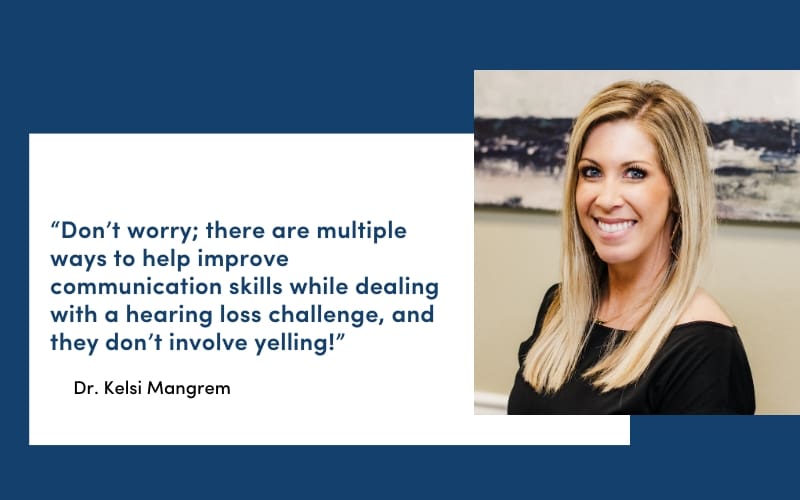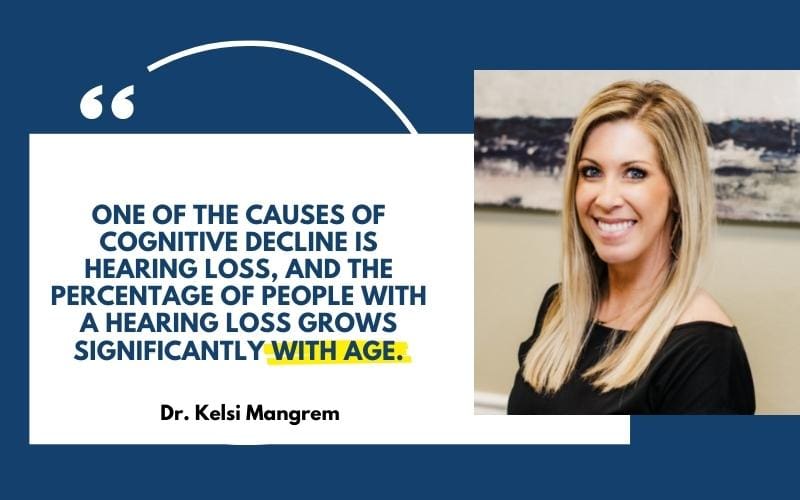Age-related hearing loss impacts a significant portion of the adult population. While hearing devices can significantly improve the symptoms of age-related hearing loss, many affected individuals don’t seek treatment right away. In fact, most people will wait seven years after suspecting that they may have a hearing loss before they decide to seek treatment. This delay can exacerbate the negative effects of hearing loss, including cognitive decline.
I recently came across a study from the University of Colorado Boulder that suggests hearing aid use may have neurocognitive benefits. I’m excited to share these findings with you!
The Link between Age-Related Hearing Loss and Cognitive Decline
Numerous studies have highlighted the correlation between age-related hearing loss and cognitive decline, including mild cognitive impairment and dementia. The reason for this correlation is still unclear, but it may be that the extra effort required for individuals with a hearing loss to process auditory information overloads their cognitive resources.
A recent study used advanced techniques, cognitive tests, and speech perception assessments to understand neurological changes in individuals with an untreated mild to moderate age-related hearing loss. The study involved 28 adults with an untreated age-related hearing loss and 13 age-matched adults without a hearing loss. The group of individuals with a hearing loss were fitted with bi-lateral hearing aids and then reevaluated after six months of use.
The Impact of Hearing Aid Use
The study revealed that after six months of wearing hearing aids, the individuals with an age-related hearing loss experienced significant improvements in global cognitive function, executive function, processing speed, and visual working memory. They also showed improvements in speech perception.
This suggests that hearing aids can do more than just improve communication – they may also help the brain function more effectively. This is wonderful news! As hearing care professionals, we are thrilled to see studies like this that further underscore the importance of seeking treatment for hearing loss. Left untreated, hearing loss can only get worse and may lead to additional problems. If you or a loved one is experiencing symptoms of hearing loss, don’t delay seeking help.
How Holland Hearing Can Help
Tens of thousands of people trust our team at Holland Hearing with their hearing health needs.
With over 50 years of experience caring for patients, we understand that hearing care is never one size fits all. You can rest assured that we’ll work with you to develop a customized treatment plan to help you achieve better hearing and a better quality of life.
If you’d like to schedule an appointment, you can reach our office at (325) 437-4730. Or, request a callback and a member of our friendly team will be in touch with you. We look forward to hearing from you!


















